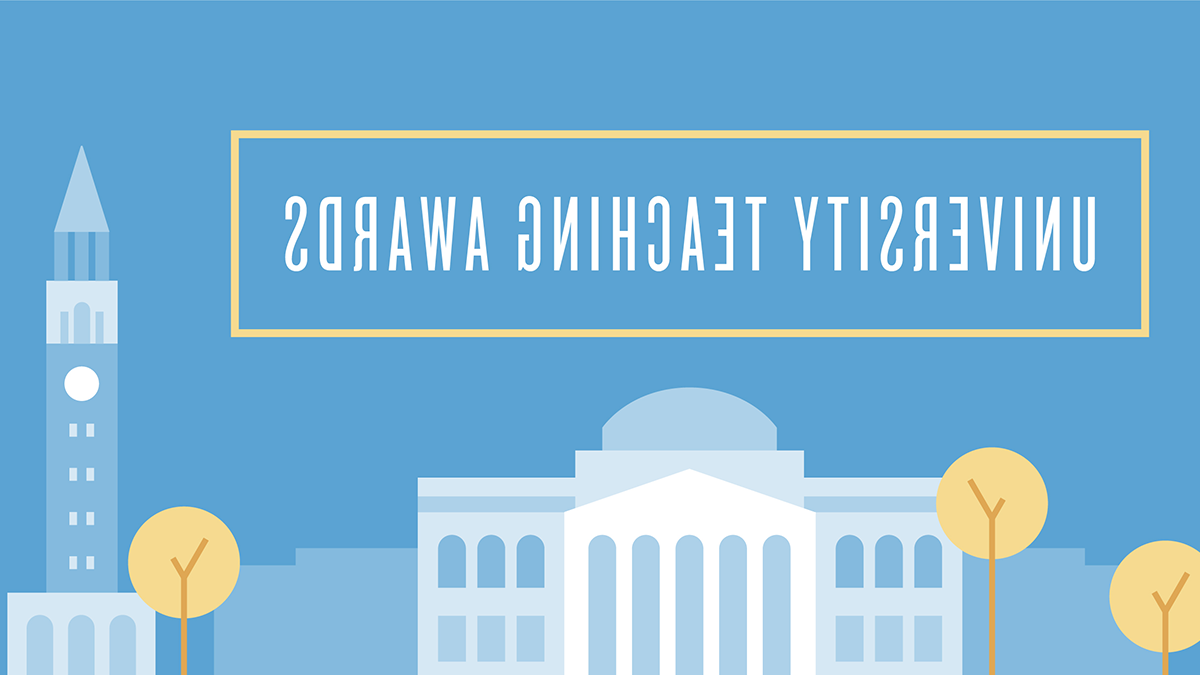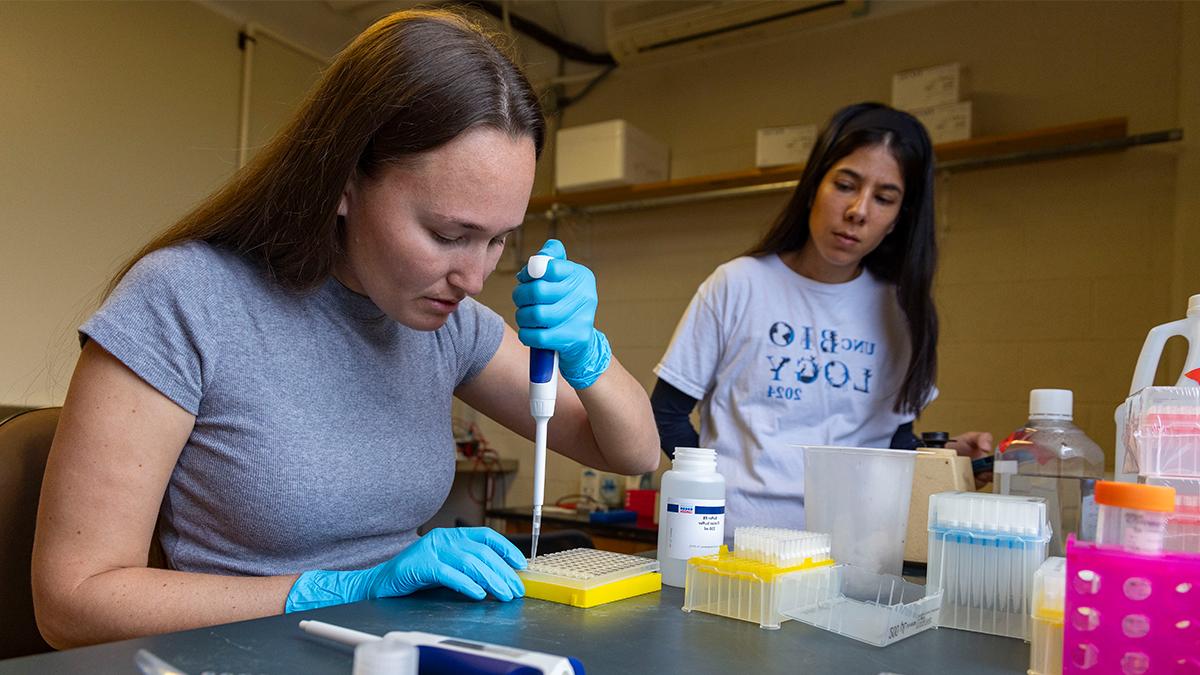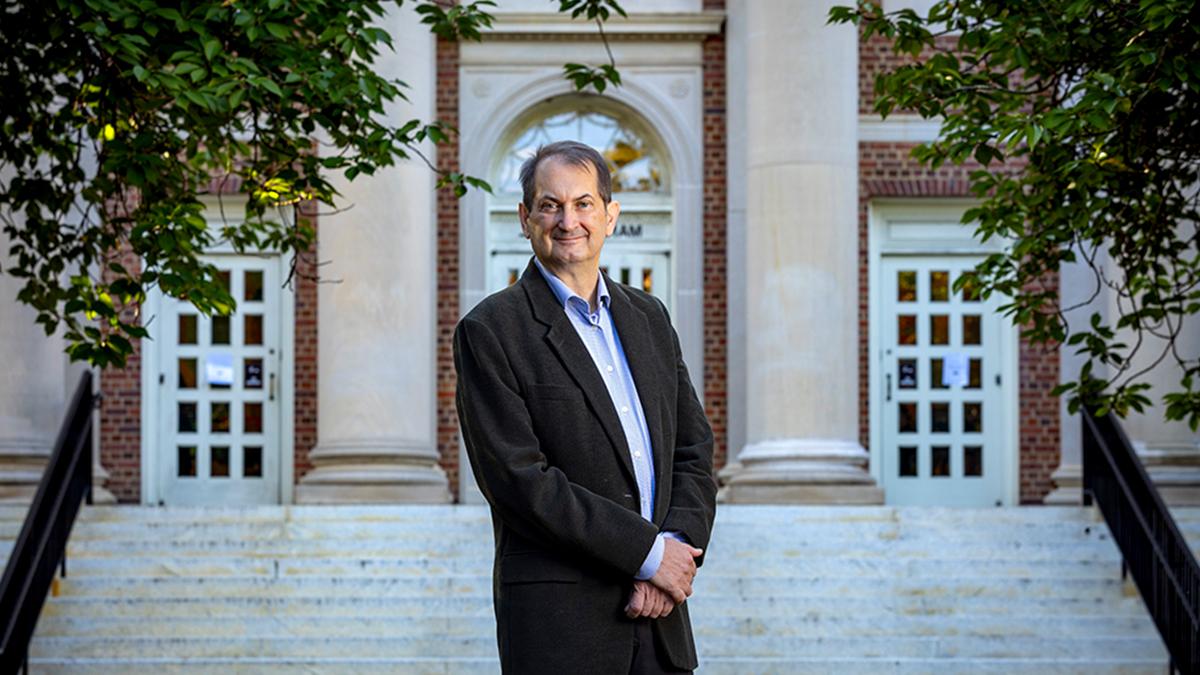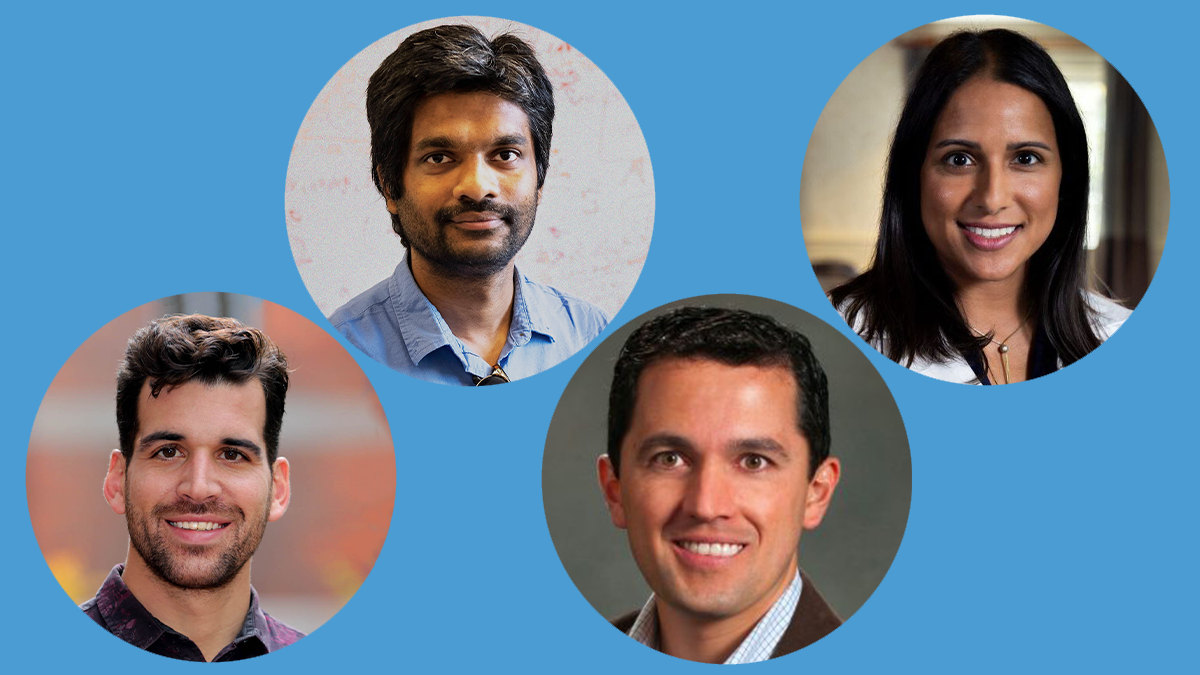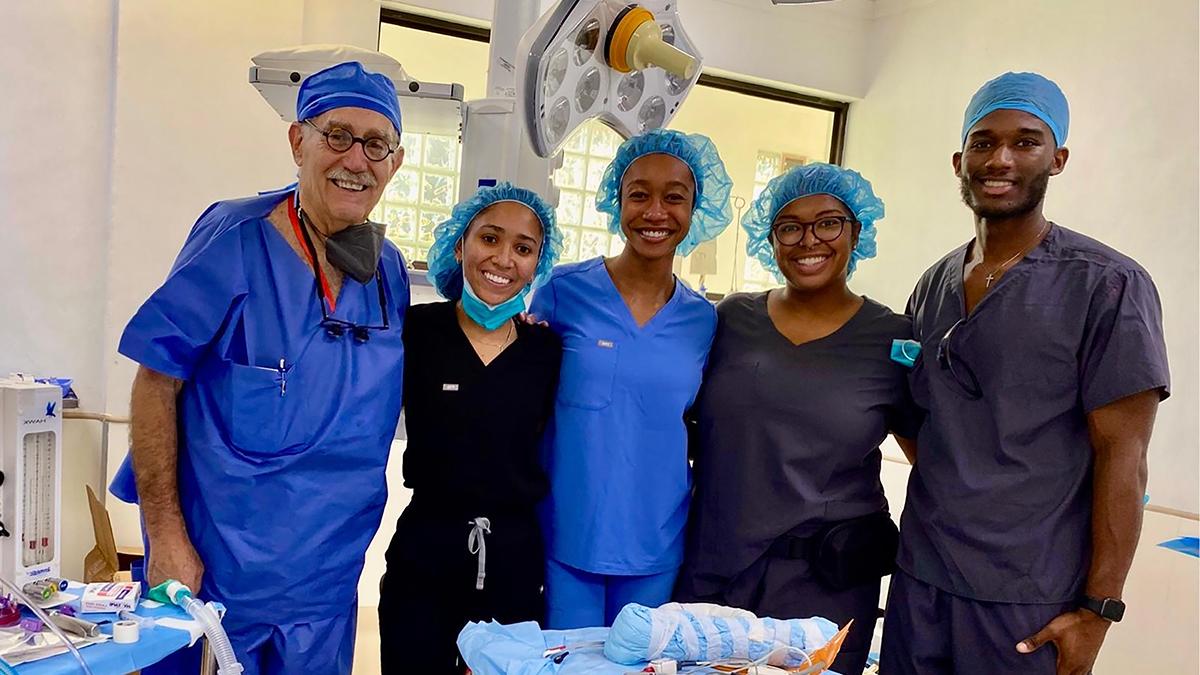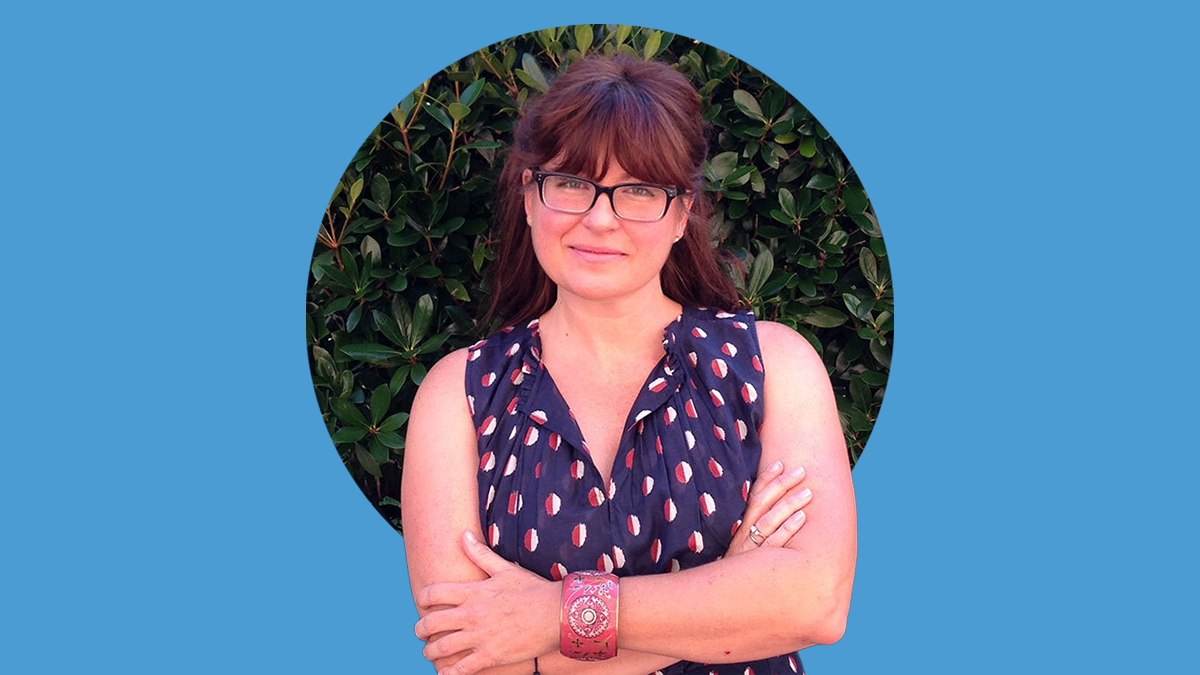Diplomacy Initiative funds simulation exercises
Students develop problem-solving skills through scenarios of historic events like the 1962 Cuban missile crisis.
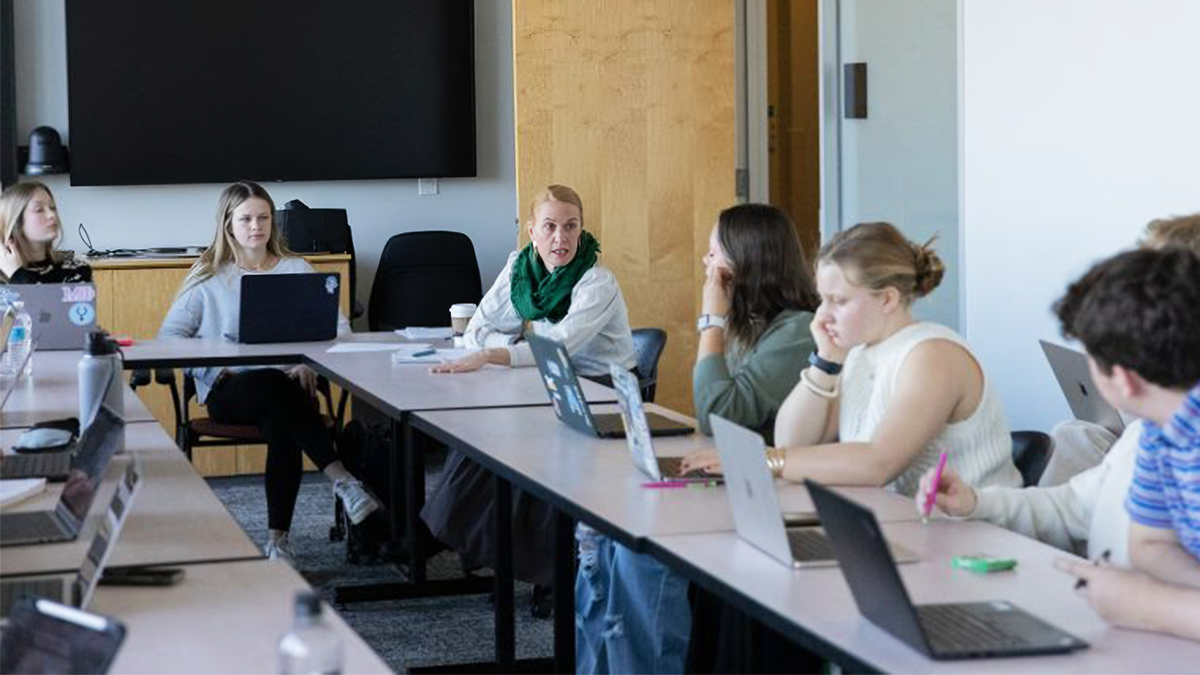
It’s 1962 and Americans have discovered Soviet missiles in Cuba through aerial photography. In this simulation of the Cuban missile crisis, the fate of the world is in the hands of the students in associate professor Michael Morgan’s Global Cold War history course.
Preparing students to address real-life challenges through collaboration and communication is a core goal of Carolina’s Diplomacy Initiative. It is for Morgan, too, who received a 2023 curriculum development award from UNC Global Affairs to create the scenario.
“It sounded like fun,” said Morgan, who participated in simulations like this one as a student.
UNC Global Affairs established the Diplomacy Initiative curriculum development awards to empower Carolina faculty to enhance course curricula with experiential learning like case studies and simulations. Through these projects, students learn and practice listening, cooperation, negotiation and empathy in diplomacy — and many other fields — by responding to scenarios inspired by real, complex world events.

Michael Morgan, Associate Professor, fosters students’ ability to tackle world challenges. (Submitted Photo)
“[The simulation] provided students with a new depth and texture of understanding,” Morgan said. “When they’re asked to play the role of someone whose views they don’t share, it can inculcate, in a small way, an important skill of empathy.”
Morgan developed the simulation with a teaching assistant, Mark Thomas-Patterson, for his course in spring 2023. Students were split into three teams representing the U.S., the Soviet Union and Cuba. Each student prepared to play an assigned role in advance of the exercise, which condensed the 13 days of the crisis into one class period.
Because the event took place in 1962, students were only able to communicate with each other through written messages or announcements as “radio broadcasts.” They were also under a time constraint, having only seven or eight minutes for each day of the crisis.
“The simulation captures, in a pretty faithful way, the difficulties of making decisions under time pressure, with incomplete information, and when you have people around the table who have very different views,” Morgan said.
Experiential learning is especially important for students interested in international relations, said Emmy Grace, program manager for global education at UNC Global Affairs. The activities help prepare students for complex global challenges they may face in the future.
Erinn Whitaker, professor of the practice in the UNC College of Arts and Sciences’ curriculum in peace, war and defense, is a former senior analyst for the Central Intelligence Agency and U.S. Department of State. A recipient of a 2024 Faculty Award for Global Excellence, she used her 2023 curriculum development award in a first-year seminar to pilot a Council on Foreign Relations simulation on the use of drones in Pakistan.
Global simulations and case studies give students meaningful experiences to develop valuable skills, she said. “Many students have to weigh ethical dilemmas, navigate ambiguity and work across teams in simulations.”
Morgan and Whitaker said their students responded so enthusiastically to the simulations that they have continued to include them in subsequent semesters.
Fergus Pandy ’26 had never studied the Cuban missile crisis before Morgan’s course. The simulation gave him and his classmates more reason to engage with the topic, he said.
“When you have to demonstrate your knowledge on a topic in front of your classmates and your teacher, there’s a certain expectation that you prepare more,” said Pandy, an international student from the University of Wollongong in Australia. “You don’t want to let your classmates or your teacher down when running that once-in-a-semester activity.”
UNC Global Affairs is accepting curriculum development award applications for spring and fall 2025 on a rolling basis.

